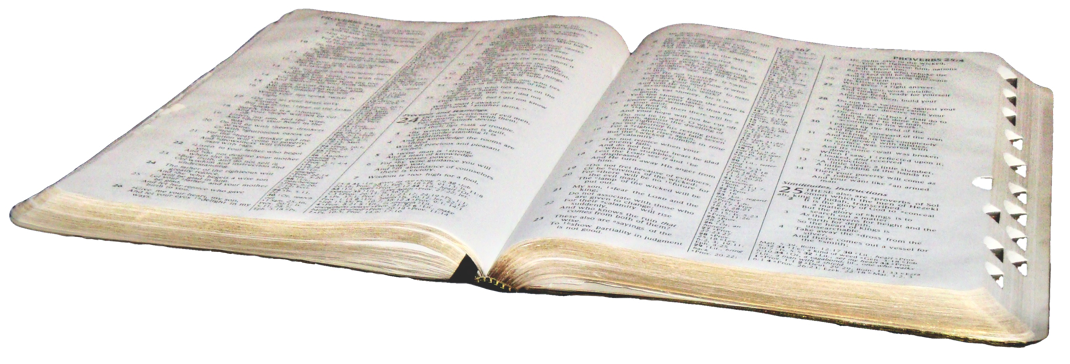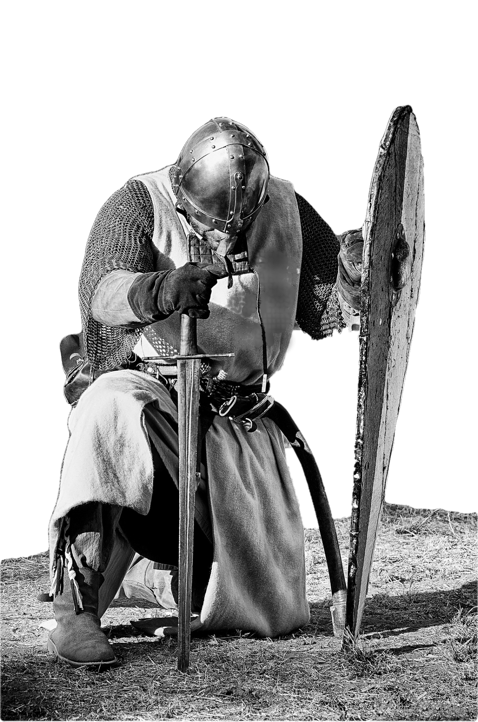
Bein' a Berean
…outside the box but inside God's Word...



For years, I have looked forward to our times of praise and worship during our Sunday services. But have lately begun to wonder. What is it we do? Certainly, whether accompanied by organ, piano, or various instruments, we have enjoyed a time of praise, but how does that differ from worship? I finally ended my reflection with two questions: "What is the difference between praise and worship?" and "What is Worship?" Now, I just needed answers.
In John's gospel, Jesus tells us that the Father seeks people who will worship him in spirit and in truth.
But an hour is coming, and now is, when the true worshipers will worship the Father in spirit and truth; for such people the Father seeks to be His worshipers. God is spirit, and those who worship Him must worship in spirit and truth. John 4:23-24
As the Bible often states, worship is one of the most important services we can give to God and only to God. Before we define worship, let's understand praise.
What is praise? This is the one term we are familiar with. It involves vocalizing and extolling the merits of a person, or God, in word and/or in song. We can and should praise those around us when an occasion warrants it since doing so is a commendable act, but this is not so of worship. Worship belongs to God alone.
You shall not worship [anything idolized] or serve them; for I, the LORD your God, am a jealous God (Exodus 20:5 addition mine, based on the previous verse)
Our praises will become lavish toward God when we become aware of all he has done for us. Among the best known of the Psalms encourages us to praise God creatively and to the full.
Praise the LORD! Praise God in His sanctuary;
Praise Him in His mighty expanse.
Praise Him for His mighty deeds;
Praise Him according to His excellent greatness.
Praise Him with trumpet sound;
Praise Him with harp and lyre.
Praise Him with timbrel and dancing;
Praise Him with stringed instruments and pipe.
Praise Him with loud cymbals;
Praise Him with resounding cymbals.
Let everything that has breath praise the LORD.
Praise the LORD! (Psalm 150)
This is praise, vocal, loud or soft, with instruments or without. Praise is meant to be heard and expressed to the one for whom it is intended.
We do well at singing God's praises during corporate and personal praise. Except for those times alone in the car or the shower, we mostly sing his praises when we assemble as a body, in unison, in corporate praise.
When we as a body of believers gather and in unison, randomly, in a responsive manner sing or speak his praises, God inhabits or is enthroned upon that praise (read "Guidelines for Leaders of Corporate Praise").
Yet You are holy, O You who are enthroned upon the praises of Israel. (Psalm 22:3)
We have been called to assemble as a body, and our time of praise is important and significant. Praise can lead to worship, but praise is not worship!
The layout of Moses’ Tabernacle shows the tribe of Judah camped at the entrance. Judah means praise, and the Tabernacle, with its holy place and holy of holies, represents worship.
How, then, does praise differ from worship?
It is written, 'YOU SHALL WORSHIP THE LORD YOUR GOD AND SERVE HIM ONLY.' Luke 4:8
"for you shall not worship any other god, for the LORD, whose name is Jealous, is a jealous God." Exodus 34:14
Only the one true God is to be worshipped; he is jealous and covetous of that worship. This is not true of praise. Worship is reserved for and belongs to no one but God.
What exactly is worship?
Click to hear what Dr. R. A. Torrey says of 'worship.'
In the Old Testament, the predominant Hebrew word shachah for worship means to bow down, to prostrate oneself, while in the New Testament, the word proskuneo means to do reverence to, to kiss, like a dog licking his master's hand. That the people of the Bible understood worship to involve bowing down to some degree is overwhelmingly supported by scripture in both the Testaments. I have listed only a few here:
Moses made haste to bow low toward the earth and worship. (Exodus 34:8)
Come, let us worship and bow down, Let us kneel before the LORD our Maker. (Psalm 95:6)
You, O king, have made a decree that every man who hears the sound of the horn, flute, lyre, trigon, psaltery, and bagpipe and all kinds of music, is to fall down and worship the golden image. (Daniel 3:10)
After coming into the house they saw the Child with Mary His mother; and they fell to the ground and worshiped Him. (Matthew 2:11)
Then I fell at his feet to worship him. But he said to me, "Do not do that; I am a fellow servant of yours and your brethren who hold the testimony of Jesus; worship God." (Revelation 19:10)
Worship, taken from Hebrew and Greek languages, conveys the principle of bowing down, sometimes to lie prostrate, face to the ground—a position not conducive to singing or even talking, although sometimes words were spoken.
Why that posture? As for body language, what message could that posture convey?
I like the picture of a venerated Knight in full armour, with his complement of weapons, entering the presence of his King. He bows and quietly remains so before the King, waiting to be acknowledged. In that posture, he makes himself vulnerable to anything the King may wish to do. This demonstrates humility and the understanding that he esteems the King higher than himself.
We see in Satan a ploy to receive similar acclaim from Jesus:
[Satan] said to Him, "All these things I will give You, if You fall down and worship me." (Matthew 4:9)
The posture seems to be significant in the act of worship. In essence, he was asking Jesus to kneel and kiss his hand.
Worship is not praise, nor is praise worship.
Worship is better understood to be a quiet, humble, and contemplative adoration of God accompanied by a bowing of the head, knee, or entire body, physically or mentally, when conditions limit.
I enjoy entering into worship for brief moments while working, on a crowded bus, while others are singing his praises around me, or at any other opportunity. I quietly bow my head physically or mentally before the throne of God, my Father, and adore him. I trust the practice blesses God, even though it seems I always benefit from being in his presence. It is overwhelmingly a wonderful and quiet experience.
Jesus tells us that true worship is a matter of spirit and truth. Speaking to the religious rulers of his day, Jesus quotes this verse from Isaiah 29:13:
The Lord says: "These people come near to me with their mouth and honor me with their lips, but their hearts are far from me. Their worship of me is made up only of rules taught by men." (NIV)
It is from our heart, our inner parts, the core of our being, and not our lips that true worship originates.
Praise is great and necessary and often leads to worship, but it never will be worship, nor will it replace it. We need to learn to worship because God is worthy of our worship, because he deserves our worship, and because he seeks worshipers who do so in spirit and truth.


This website makes use of cookies. Please see our privacy policy for details.